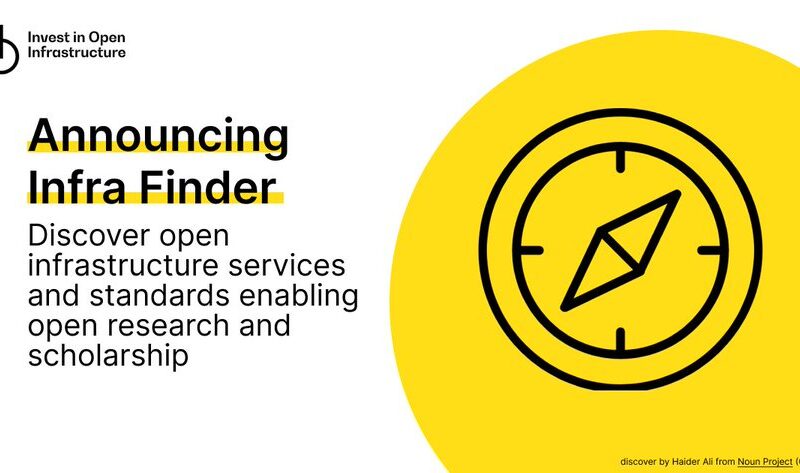Collaboration in Open Science
Collaboration in Open Science https://opusproject.eu/wp-content/uploads/2023/04/pexels-dio-hasbi-saniskoro-3280130.jpg 1 1 Open and Universal Science (OPUS) Project Open and Universal Science (OPUS) Project https://opusproject.eu/wp-content/uploads/2023/04/pexels-dio-hasbi-saniskoro-3280130.jpgOpen science refers to the practice of making scientific research and data accessible to anyone, without any barriers to access or reuse. Open science is a key element in advancing scientific progress and accelerating innovation, and it has the potential to benefit both developed and developing countries. However, there are still significant disparities in the adoption and implementation of open science practices between developed and developing countries. In this article, we will explore the potential benefits of collaboration between developed and developing countries in regards to open science.
Developed countries, which have historically dominated scientific research and innovation, have made significant strides in adopting open science practices. This has been facilitated by factors such as the availability of resources, infrastructure, and expertise. In contrast, developing countries often face significant challenges in implementing open science practices, including limited resources, infrastructure, and expertise. However, developing countries have a wealth of knowledge, data, and resources that could be harnessed to advance scientific progress and innovation.
Collaboration between developed and developing countries in regards to open science can help to bridge this gap and promote equitable access to scientific knowledge and innovation. Developing countries can benefit from access to the resources and expertise of developed countries, while developed countries can benefit from the knowledge, data, and resources of developing countries. Collaboration can also help to address some of the challenges that developing countries face in implementing open science practices, such as limited resources and infrastructure.
One way that developed countries can collaborate with developing countries in regards to open science is through capacity building initiatives. These initiatives can involve training programs, workshops, and other activities aimed at building the capacity of researchers and institutions in developing countries to adopt and implement open science practices. Developed countries can provide expertise, resources, and funding to support these initiatives, while developing countries can provide local knowledge, data, and resources.
Another way that developed and developing countries can collaborate in regards to open science is through joint research projects. These projects can involve researchers from both developed and developing countries working together to address scientific challenges and generate new knowledge. Open science practices can be incorporated into these projects, which can help to promote equitable access to scientific knowledge and innovation.
Collaboration between developed and developing countries in regards to open science can also help to promote the development of a more diverse and inclusive scientific community. By working together, researchers from developed and developing countries can bring a range of perspectives and expertise to scientific research and innovation. This can help to ensure that scientific progress and innovation is more representative of diverse perspectives and needs.
Collaboration between developed and developing countries in regards to open science has the potential to promote equitable access to scientific knowledge and innovation, address challenges faced by developing countries in implementing open science practices, and promote the development of a more diverse and inclusive scientific community. By working together, developed and developing countries can harness the knowledge, data, and resources of each other to accelerate scientific progress and innovation.
- Posted In:
- Open Science News




